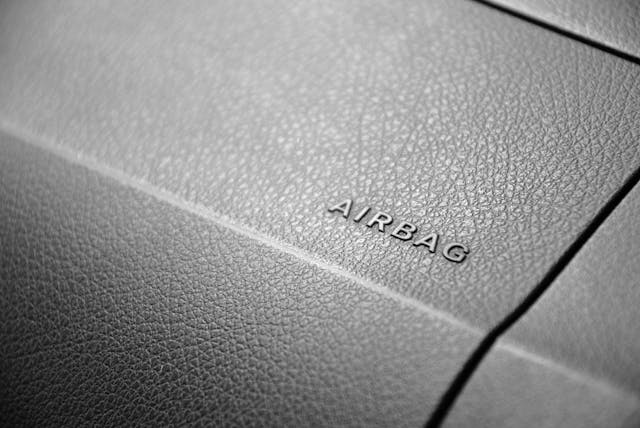

The commercial fishing industry contributes significantly to feeding our nation. Unfortunately, the industry does pose certain safety risks, and sometimes, commercial fishermen and crew members are harmed as a result. If you were injured on the job, you’re most likely seeking compensation to help you deal with medical bills, lost wages, and more. Contact a dedicated Snohomish County commercial fishing injury lawyer from Amy C Brown Law, PLLC, today so we can get started working on your case.
On-the-job injuries can be devastating, especially for commercial fishing industry members. If you’ve sustained such an injury, a skilled maritime injury lawyer can help you obtain the compensation you need to recuperate. Contact Amy C Brown Law, PLLC, today to learn how our legal team can assist you.
Amy C Brown Law, PLLC proudly represents a wide range of workers in the commercial fishing industry who’ve been injured on the job, including the following:
Commercial fishermen and others in the industry can, unfortunately, sustain a wide range of injuries on the job. Just some of the most common are as follows:
After sustaining an injury aboard a commercial vessel, you should take the following steps, if possible:
The Jones Act
One of the critical laws governing maritime injury claims is the Merchant Marine Act of 1920, commonly known as the Jones Act. This Act specifically protects “seamen” who are injured in the course of their employment. Under the Jones Act, you have the right to sue your employer for negligence that may have contributed to your injury. To qualify, you must spend a significant amount of your work time aboard a vessel in navigable waters.
The Doctrine of Unseaworthiness
Apart from the Jones Act, the general maritime law imposes a duty on vessel owners to ensure their ships are “seaworthy.” This means the vessel must be adequately equipped and maintained for its intended use. If your injury was caused by a vessel’s unseaworthy condition, you might have a claim under this doctrine.
Maintenance and Cure
Regardless of fault, maritime law entitles injured seamen to “maintenance and cure.” Maintenance covers daily living expenses while ashore and recovering, and cure refers to necessary medical expenses. These benefits continue until you reach maximum medical improvement.
The Longshore and Harbor Workers’ Compensation Act (LHWCA)
If you’re not a “seaman” covered by the Jones Act, you might still find protection under the LHWCA. This federal law compensates dockworkers, harbor workers, and other maritime employees not classified as seamen who are injured on the job. The LHWCA covers medical care, rehabilitation services, and compensation for lost wages.
The bottom line is that if you’ve sustained an injury as a member of the commercial fishing industry, you can depend on a seasoned maritime injury lawyer from Amy C Brown, PLLC, to fight for the compensation you need. Contact our law firm today to schedule your free initial consultation.
© 2025 Amy C Brown Law, PLLC. All rights reserved. Attorney advertising.